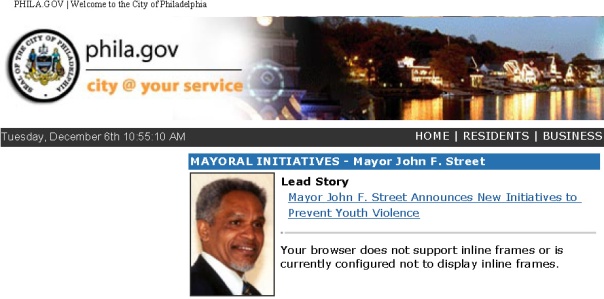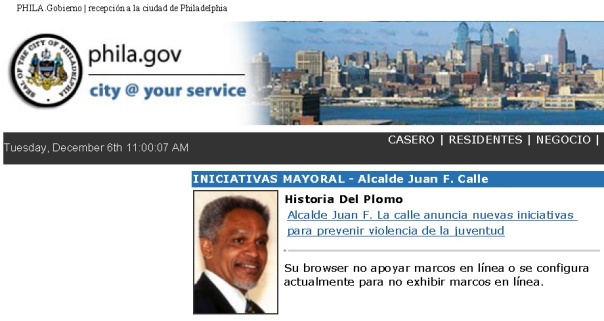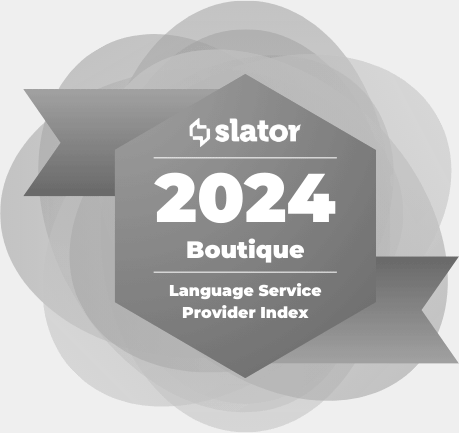Perhaps unaware of failed efforts by other state and local governments who made similar attempts in the past, the Oregon Department of Administrative Services recently announced that the state’s official websites have added Google Translate, giving users the ability to view those sites in 25 languages in addition to English. After implementing a similar service, the city government of Philadelphia withdrew automated translation of its website when the former city mayor, Mr. Street, was featured on the automatically translated websites as Herr Straße, Monsieur La rue, and Señor La calle, while the ‘Lead Story’ he was presenting to Philadelphians with limited English proficiency (LEP) became in many instances ‘The Story of Lead’ (as in lead paint), and the translated text was riddled with similar absurdities.
It is a dilemma for cash-strapped government agencies whether to provide an inexpensive but inadequate translation service such as the one currently offered by the Oregon government, to find the resources to provide professional translation, or to simply not provide any such service at all. The first scenario often reflects a negative attitude towards LEP persons, usually coupled with ignorance regarding foreign languages. It is questionable whether some is better than none when it comes to automated translation of websites. Much will depend on the targeted audience. Making the English content of Wikipedia available to non-English speakers via automated translation is one thing; providing vital information to local LEP residents is quite another. Oregon government officials might want to re-examine their approach to serving their taxpayers with limited English proficiency.







